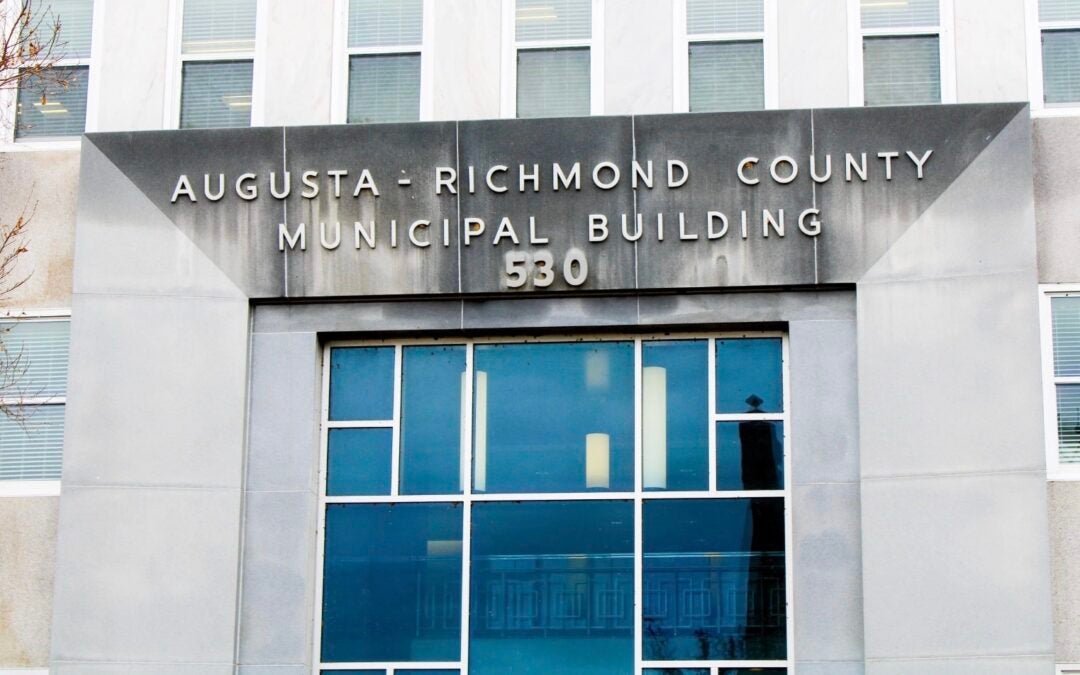A new state law could take a bite out of property taxes for homeowners if local governments take no action to opt out.
House Bill 581, which the Georgia General Assembly and Georgia voters approved this year, caps home value assessments at the rate of inflation.
Inclusion in what’s being called a “floating homestead exemption” is automatic for all Georgia homeowners, starting next year. It sets property values at 2024 levels and allows taxable values to rise only by the amount of an index set by the state based on inflation.
For example, if a home with a taxable value of $100,000 home rose in assessed value by $10,000 but the inflation index grew by only 2%, the home’s new taxable value would be $102,000, not $110,000.
“Every county and every municipality is in it unless they opt out,” said Chief Appraiser Scott Rountree, who discussed the impact of the law on his office’s operations briefly Monday with the Richmond County Board of Assessors.
The office is in “ongoing conversations” with city departments about the change and will present more information at an upcoming work session with the Augusta Commission and legislators, Rountree said.
At least one local jurisdiction is already planning to opt out. The Richmond County Board of Education voted unanimously during its Nov. 21 retreat to hold public hearings for House Bill 581, according to meeting minutes. Those hearings are required for a local government to opt out.
In addition to the assessment cap, the law allows non-school governments to begin assessing a new 1% sales tax they can use to further lower property taxes. The new 1% tax requires additional approval by voters.
Because it’s tied to the floating homestead exemption, the new local option sales tax is being called in local government circles the “FLOST.”
The new law impacts the assessment notices mailed by the assessors board each May. The notices will specify an “estimated rollback rate” taxpayers will pay on their projected tax bills. If the actual rate is different, the tax bills will have to say so, Rountree said.
According to a presentation by Georgia Municipal Association and Association County Commissioners Georgia, the process for local governments to opt out mirrors the notice-of-tax-increase warnings they must give when they don’t adopt the rollback millage.
The process requires three public hearings, which must be advertised, and filing a resolution with the state by March 1.










